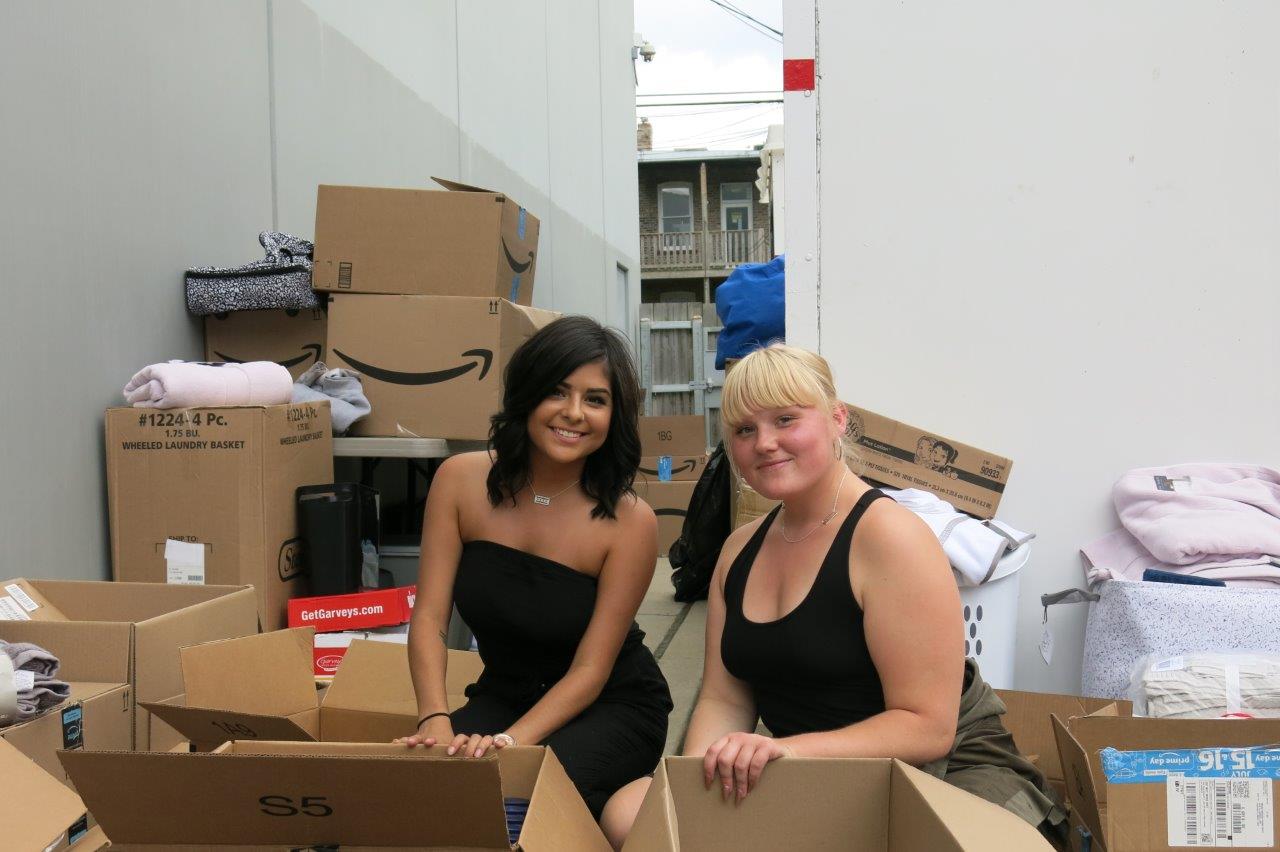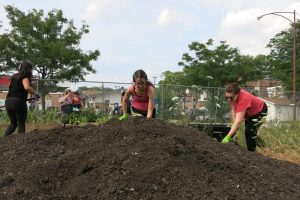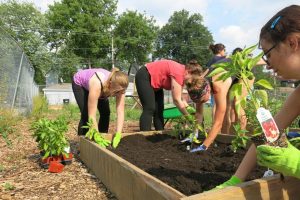This summer the Chicago Teacher Education Pipeline (CTEP) celebrated 10 years of running the summer fellowship program STEP-UP (Summer Teacher Education Partnership for Urban Preparation). During the program, fellows from the College of Education spend four weeks living with a host family in one of the five partner neighborhoods: Pilsen, East Garfield Park, Albany Park, Little Village, and Auburn-Gresham.
The National Center for Urban Education’s mission statement is grounded in social justice and works to cultivate and sustain innovative, resilient, and effective educators for urban schools and their communities.
“It is important for the fellows to get to live in communities they will be working in, with host families, so that they can become a small part of the community, too,” said Carlos Millan, education coordinator of The Resurrection Project, a community-based organization partner to CTEP.
During the four weeks, the fellows participate in summer school with Chicago Public Schools in the mornings, intern at community-based organizations, and take seminars in the evenings about education topics such as social emotional learning, restorative justice, and classroom technology.
One of the vital components of this fellowship that is grounded in social justice is Friday service projects. “I take a step back and evaluate what is going on in the community on Fridays in July,” Millan said. “I try to inject students into an existing event or project. I want the fellows to understand that projects and events exist before they get here and will exist after they leave the program, and what their impact can be when they participate.”
Throughout the four weeks, the fellows participate in a number of service projects throughout the five partner neighborhoods. In Pilsen fellows partnered with ELLAS (In the fight to survive) to help them run their pop-up store. ELLAS is a breast cancer support group run by volunteers from the community with the goal to increase community knowledge, fight for resources, and support individuals currently fighting. “Fellows became salespeople and were selling donated items. All profits are used for the three goals listed above,” Millan said.
Though fellows are living in a partner neighborhood with host families, they don’t always carry out the service projects in the communities they are placed in. “We also don’t want the fellows to stay only in their communities all four weeks. We want them to be able to connect the work they do here across all five of our partner neighborhoods,” Millan said.
In East Garfield Park fellows helped the Breakthrough Ministries with their trunk party event. The community based organization collects donations from community members at large that are then given away to rising college freshmen from the community as they embark on their first year of college. In Albany Park, fellows were able to participate in gardening projects with two local organizations. The American Indian Center and Friends of Roosevelt High School. “It is important for us to change the narrative of ‘bad schools,’ and having the fellows help to beautify and understand this push to rally behind neighborhood schools is critical for their future careers as teachers,” said Brienne Ahearn, education coordinator at North River Commission.
In the end, the fellows’ work on the service projects leaves these Chicago communities and all other participants and organizations feeling proud of their work in solidarity, “ELLAS loved the fellows and their help. One fellow called his mom to know if she’s had a mammogram. I feel that these interactions lead to both groups to understand new issues and solutions for these issues,” said Millan.



